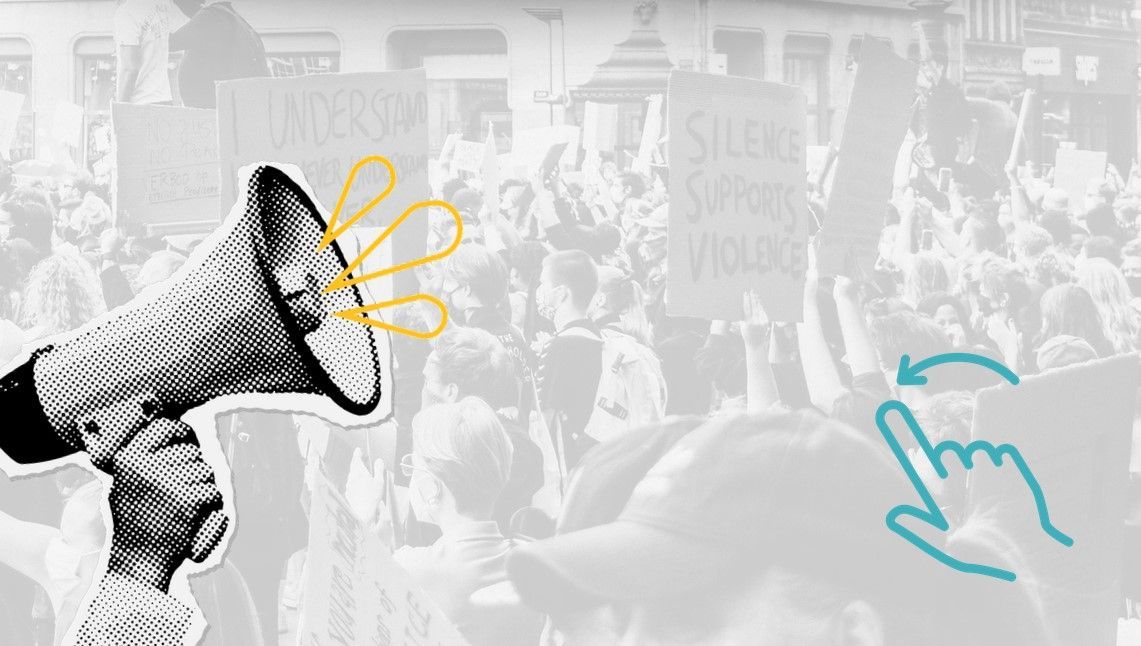More garbage caught than cod: NGOs call for emergency measures to protect Eastern Baltic cod
NGOs in the Baltic Sea Region have sent an urgent letter to the European Commissioner in charge of Environment Maritime Affairs and Fisheries, Karmenu Vella, urging him to implement emergency measures in accordance with article 12 (1) of the EU Common Fisheries Policy to protect what little remains of the eastern Baltic cod stock.
This stock has shown signs of crisis for many years. The latest information suggests the situation is now critical. On 29th January 2019, in a Baltic Sea Advisory Council meeting focusing the eastern Baltic cod stock, the latest data from the Baltic International Trawl surveys was presented. Survey trawls were reported to have caught more garbage than cod.
An International Council for the Exploration of the Sea (ICES) benchmark meeting was held for the stock from 4-8th February to determine if an analytical assessment of the stock could now be made (2)
. The report from that process is due mid-March, however the full cycle of the normal Baltic fish stock science assessment process does not conclude until the end of May.
The NGOs said collectively. “We implore the Commission to act now before further unsustainable fishing takes place on what very little remains of the eastern Baltic cod.”
The NGOs have urged the Commission to immediately suspend fishing for eastern Baltic cod for the next 6 months while the latest scientific findings are examined and to take immediate action to move at least a portion of the sprat fishery away from Baltic sub-divisions 25 and 26 to maximize the availability of prey for the cod (3) .
For more information please contact:
Nils Höglund, Fisheries Policy Officer at Coalition Clean Baltic
nils.hoglund@ccb.se Tel: +46 70-867 92 49 (Languages: English and Swedish)
Andrzej Białaś, Policy Advisor at Oceana in Europe
abialas@oceana.org Tel: +48 501 58 88 33 (Languages: English and Polish)
Cathrine Pedersen Schirmer, Coordinator for Denmark at Our Fish
cathrine@our.fish Tel: +45 2197 7905 (Languages: English and Danish)
(1)
Marie Storr-Paulsen, DTU Aqua: information from the latest survey:
http://www.bsac.dk/getattachment/Meetings/BSAC-meetings/BSAC-Executive-Committee-meeting-(4)/BSAC_new-surveyMSP-(1).pdf.aspx?lang=en-GB
(2)
What is an ICES Benchmark meeting:
https://www.ices.dk/community/advisory-process/Pages/Benchmarks.aspx
(3)
Article 12 of the EU Common Fisheries Policy allows the Commission to adopt immediately applicable implementing acts applicable for a maximum period of six months measures in case of a serious threat to marine biological resources. https://eur-lex.europa.eu/legal-content/EN/TXT/?uri=celex%3A32013R1380


